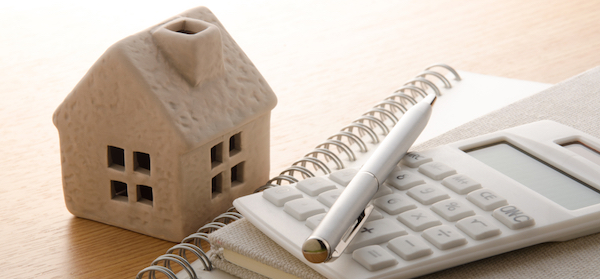Whether you’re downsizing, starting out on your own again or simply moving to a new home, you may find that getting a mortgage over the age of 50 isn’t so easy.
Even with a healthy credit rating and large deposit, lenders now apply a much more stringent lending criteria to mortgage applications and being over 50 means a home-loan approval is not guaranteed.
Regardless of the fact that it is universally accepted that people will work longer, the main stumbling block is simply that you may not be working or, indeed, living long enough to pay back what you have borrowed. It’s no longer enough to have the equity in your home as a guarantee to your lender that it will get its money. You may have to provide an exit strategy to convince your lender that you will be able to repay the debt before you retire. Or, settle for a mortgage of a shorter duration than the standard 30 years, which will of course mean higher monthly repayments.
While the Age Discrimination Act and the National Consumer Credit Protection Act means that a person cannot be denied a mortgage based purely on their age, lenders do have a responsibility to ensure that a loan can be repaid and that borrowers are not put under financial stress by having to pay a mortgage.
And the older you get, the more difficult it becomes. So, if you’re considering applying for a mortgage, what can you do to ensure the process is as easy as possible?
- Consider how much you can comfortably afford to repay and factor in a higher interest rate of around eight per cent to your calculations. This is what lenders will do and, consequently, people are finding that they can borrow less than they originally thought.
- Make sure your credit history is squeaky clean and don’t apply for credit unless you really need it. The introduction of comprehensive credit reporting will help those with a good credit history but it will also punish quite harshly those who have been a little wayward.
- Have a sizeable deposit. The standard deposit of 20 per cent may not be enough to secure you a mortgage offer, so the more money you can pull together, the better.
- Your savings could be your saviour. As with first homebuyers, if you can prove you have a good record of saving, the more likely you will be successful with your application.
- Get your paperwork in order. Gather together details of all your investments, superannuation, savings, bank accounts and, of course, money that you owe, as the more you can demonstrate you’re in control of your finances, the better your chances of securing a loan.
- Consider how you will repay your debt if you have to stop work or die. Lenders will want to know you have an exit strategy so they can be sure they will see their money returned.
- A broker may be the way to go. If you’re unsure of how best to apply for a mortgage, a broker can not only help you through the process but will also ensure you apply to the lender that offers you the best chance of securing a mortgage offer.
While securing a mortgage once you’re over 50 may be more difficult, it’s not impossible. The sooner you start planning and getting your house in order (pardon the pun), the best chance you give yourself of stepping foot inside your new home.
Have you had difficulty in obtaining a mortgage? If so, how did you get around the issue? Or are you still struggling to get a home loan?

